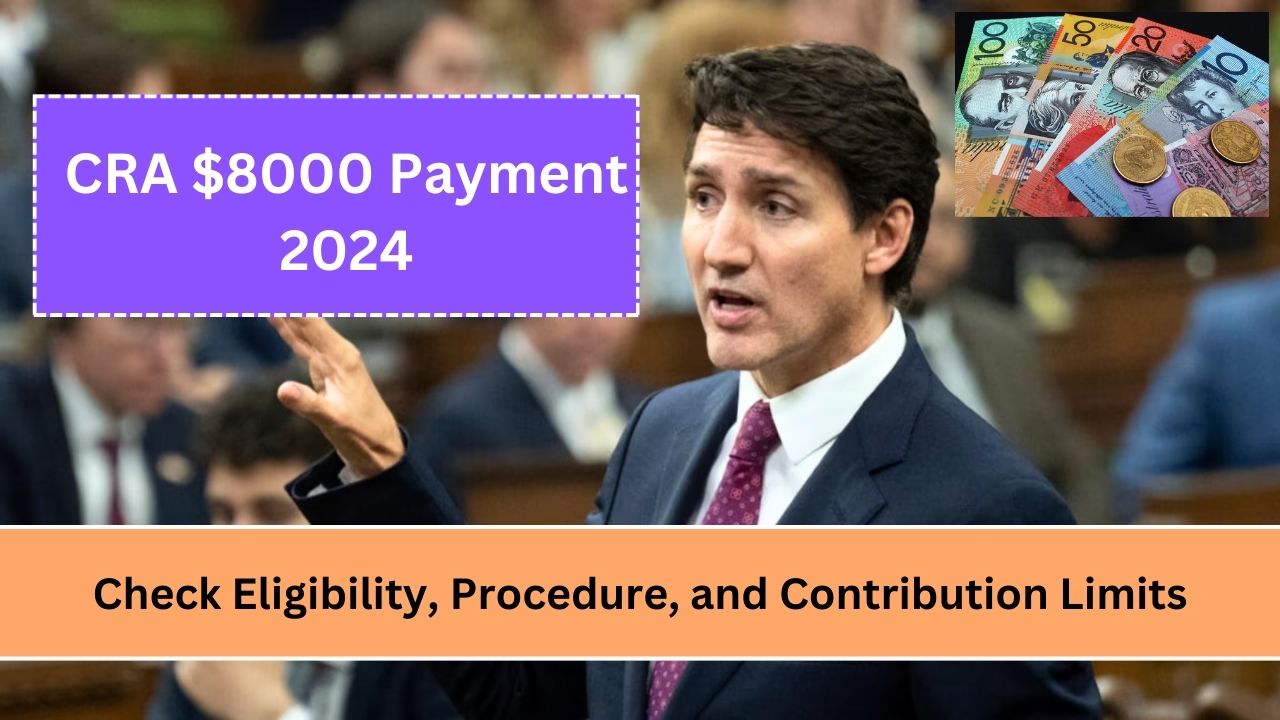Saving for your first home just got easier! On January 1, 2024, the Canada Revenue Agency (CRA) updated its guidelines for the First Home Savings Account (FHSA), allowing eligible Canadians to contribute up to $8,000 annually. This initiative is perfect for first-time home buyers looking to save tax-free while preparing for homeownership.
What is the CRA $8000 Payment?
The CRA’s FHSA is a registered savings plan designed to help first-time home buyers save for a down payment. Think of it as a combination of an RRSP and a TFSA. You can deduct your contributions from your taxable income and let your savings grow tax-free, similar to the benefits of a Tax-Free Savings Account.
Eligibility Criteria for the FHSA
To qualify for the FHSA:
- You must be a Canadian resident aged 18 or older.
- You must not have lived in a home you owned in the last four years.
- You must have a valid Social Insurance Number (SIN).
First-time home buyers meeting these criteria can open an FHSA and start building toward homeownership.
How to Apply for the FHSA
Applying for the FHSA is simple:
- Choose a Financial Institution: Visit your bank or credit union to check if they offer the FHSA.
- Provide Documentation: Bring your SIN and proof of identity.
- Open the Account: Follow the instructions to set up your FHSA, ensuring you understand the terms and conditions.
Contribution Limits and Tax Benefits
The annual contribution limit for the FHSA is $8,000, with a lifetime limit of $40,000. If you don’t use the full $8,000 in a given year, the unused portion can be carried forward to the next year. Contributions are tax-deductible, and any withdrawals for purchasing your first home are tax-free.
Important Deadlines and Rules for 2024
- Contribution Deadline: Contributions for the 2024 tax year must be made by December 31, 2024.
- Excess Contributions: Exceeding the annual or lifetime limit incurs a 1% monthly tax on the excess amount, so it’s crucial to track your deposits.
Table: Key FHSA Details
| Feature | Description |
|---|---|
| Annual Contribution Limit | $8,000 |
| Lifetime Contribution Limit | $40,000 |
| Tax Benefit | Contributions are tax-deductible |
| Eligibility Age | 18 or older |
| Residency Requirement | Canadian resident with valid SIN |
| Penalty for Over-Contribution | 1% per month on excess amount |
FAQs
1. What happens if I don’t use the FHSA funds?
If you don’t use the funds to buy a home within 15 years, you can transfer them to an RRSP or RRIF without tax penalties. Alternatively, you can withdraw the funds, but they will be taxed as income.
2. Can I transfer funds from an RRSP to the FHSA?
Yes, you can transfer funds from your RRSP to your FHSA without affecting your RRSP contribution room. However, these transfers will count toward the $8,000 annual FHSA limit.
3. Is there a penalty for exceeding contribution limits?
Yes, exceeding the annual or lifetime contribution limits results in a 1% monthly tax on the highest excess amount for that month. To avoid this, carefully track your contributions.
I Work as a Content Writer and I like Writing Articles




